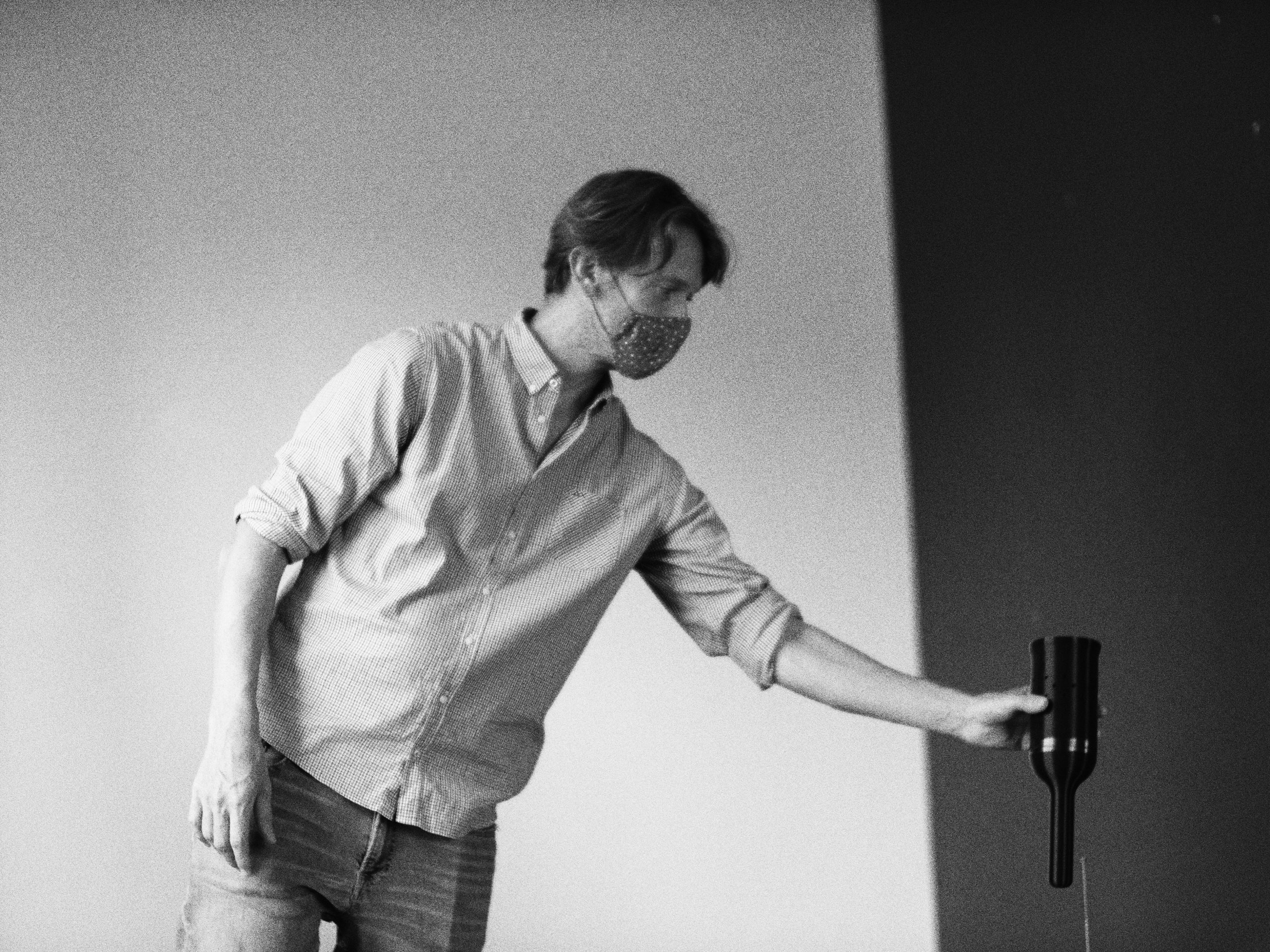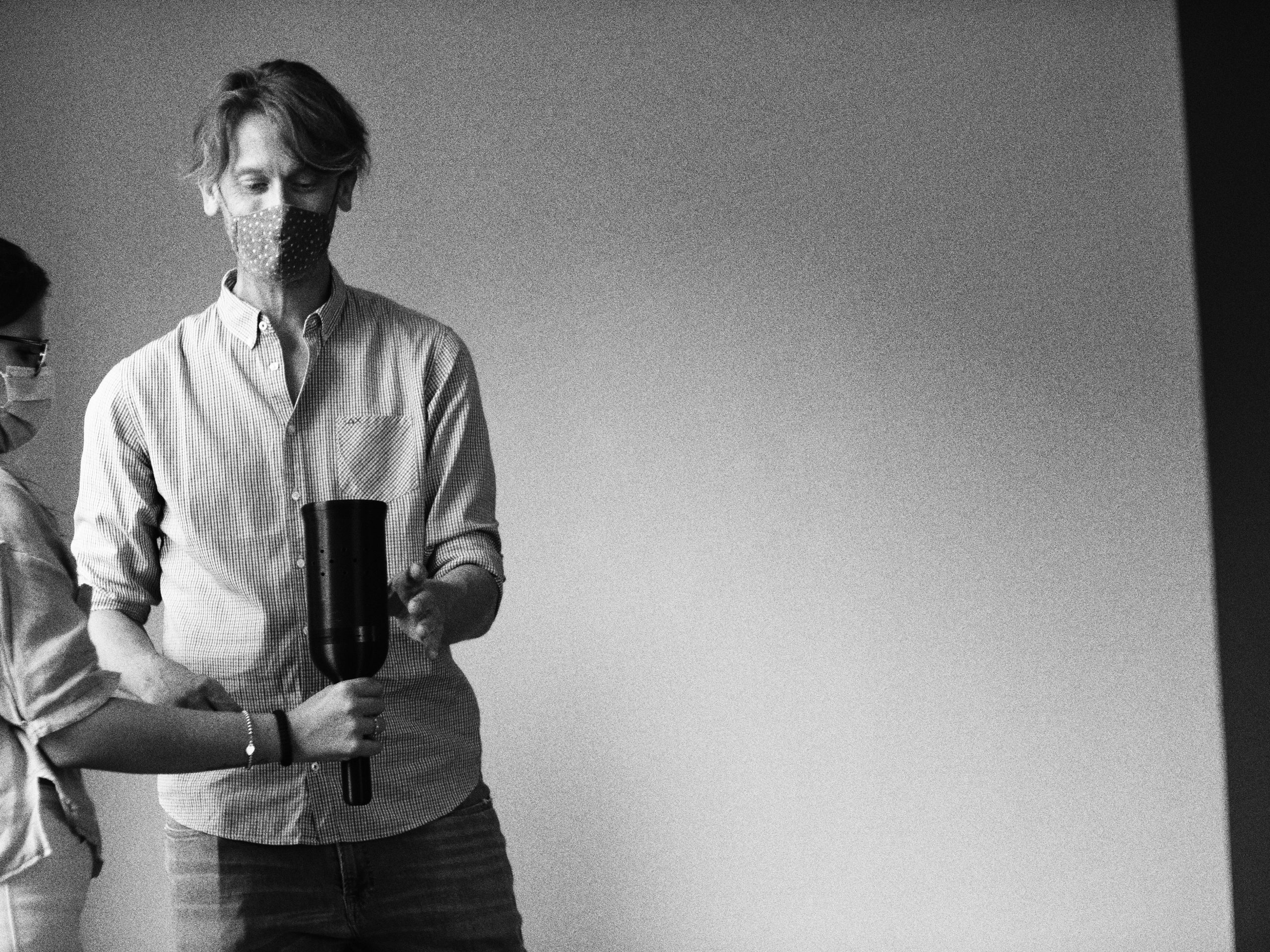





Babele
Babele aims to celebrate the complex identity of Italy through its dialects. The Italian language derives from Latin; after the fall of the Roman Empire,
Latin became obsolete and the spoken language took many different regional variations, thus forming neo-Latin idioms, among which the Italian language.
The standard Italian originates from the Tuscan poetry of the 12th century and progressively evolved to replace Latin as the official language of the peninsula.
However, hundreds of different vernacular languages – also called Italian Dialects – became popular especially among uneducated people who could not read Latin or standard Italian.
Although this variety of dialects have declined in the modern era, especially due to the increasing diffusion of the television in people’s homes in the
1950s, they are still spoken across the country and strongly contribute to defining the identity of local communities.
In Italy, people in towns that are just a few kilometres away usually speak very different dialects. The change, however, does not follow the clearly defined town or regional borders, but happens in a much smoother way. In the territories that are between two towns, local dialects change from on to another in small steps. Very often smaller communities located between two main towns have their own variations of the main town’s dialect, which are progressively more similar to the other town’s. Sometimes some words are “borrowed” from another town’s dialect, sometimes it is ways of saying, sometimes vowels that are wider or narrower, or the intonation with which one speaks.
Such small variations may not have gained the dignity of proper different languages among linguists, but it is certainly true that who speaks them is very proud of such differences as they contribute to define their local identity.
This work celebrates such variety and aims to be a way to explore the extremely complex soundscape of Italian dialects by focusing on the small but continuous differences in the way that spoken language sounds when moving across the country.
The reference to the biblical episode of the Babble Tower is immediate, although there are different interpretations of its meaning. While some narrate that God made humans incapable of understanding each other as a punishment for their arrogance, others see in the words of God a plan for the different languages to be the seeds for humans to spread his name all over the world.
From this perspective, the different dialects – as the different languages of the Babble tower – are the seeds that grew into each community’s cultural identity.


